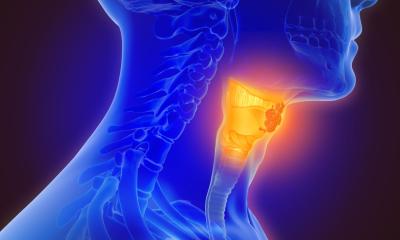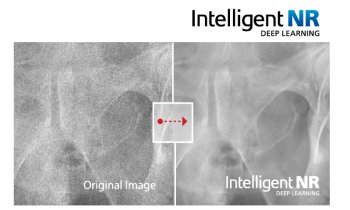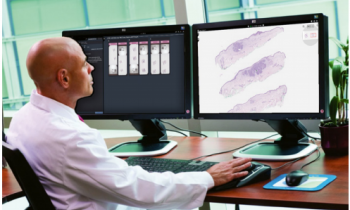Malignant tumour management
’Our machine learning model achieved 88.9% accuracy in predicting the sarcoma-specific survival rate’
Clinical management of soft tissue sarcoma is particularly challenging. The prevalence of these malignant tumours of mesenchymal origin has steadily increased over the last decade and they are associated with significant morbidity and mortality.

They represent a highly heterogenous group, with numerous different subtypes. Which is why Dr Sebastian Foersch, researcher at the Institute of Pathology at the University Medical Center in Mainz, Germany, has used a deep learning model for diagnosis and prognosis prediction of soft tissue sarcoma using conventional histopathology slides. Its retrospective multi-centre study published last year in Annals of Oncology included a total of 506 histopathology slides from 291 patients. ‘The Cancer Genome Atlas (TCGA) cohort of 240 patients served as a training and validation set. A second multi-centre cohort of 51 patients served as additional test set,’ the expert explained. Nine pathologists with different level of expertise evaluated this clinical decision support tool. Machine learning here achieved an accuracy of 88.9% in predicting disease-specific survival. It also managed a score of 79.9% in diagnosing the five most common soft tissue sarcomas. This machine learning model significantly improved the accuracy of the pathologist, from 46.3% to 87.1%. ‘Furthermore, they were significantly faster and more certain in their diagnosis,’ said Foersch.
20.10.2022










